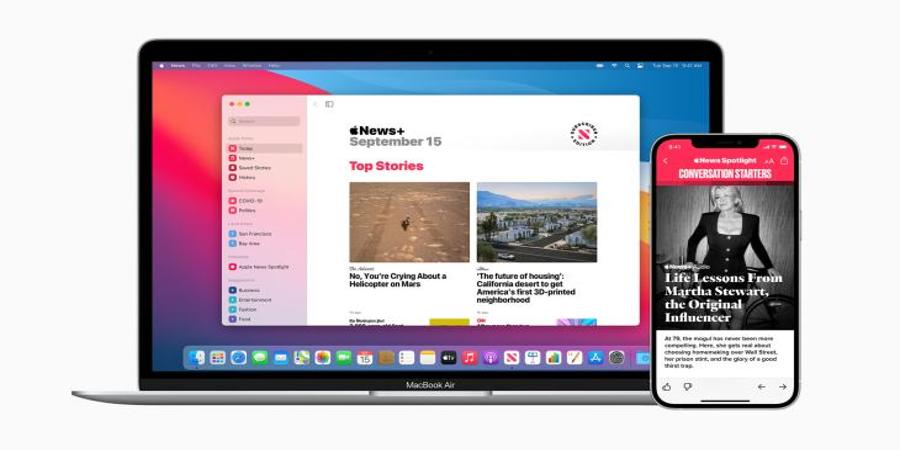Apple is set to reveal the iPhone 15 at a special event held tomorrow, Tuesday September 12, and we already know a lot about what to expect thanks to rumors and supply chain sources — but this time thanks also to European Union regulators. That last source strongly suggests that the newest iPhone will get a USB-C connector, replacing the Lightning connector that Apple introduced with the iPhone 5 in 2012.
That’s not all we expect to see in a new iPhone, but it could be the most significant shift because of what it potentially unlocks. That’s particularly true for the iPhone 15 Pro and Pro Max, which are both expected to get a Thunderbolt port that makes use of the same connector as USB-C, but adds a whole lot of additional capabilities in terms of input and output options, for data, display, power and more.
The iPhone getting more hardware input and output capability has ramifications about what kind of role it occupies in the overall computing lives of users. Already, competitors, including Samsung and Motorola, have spent multiple generations of their own devices iterating on how smartphones can do more for users than they might be used to; Samsung’s DeX, for instance, while a bit of an awkward fawn at its introduction, has become a surprisingly competent desktop replacement. Android is also potentially set to get its own native desktop mode in time for Pixel 8, if the rumor mill proves accurate.
Apple hasn’t yet done what it needs to do in terms of showing us that even iPadOS can be a proper desktop computing environment replacement, but it has so much potential to make the iPhone a transformative device in this regard. The idea of a pocketable thin client model of computing where you basically take your PC with you wherever you go, and plug it into accessories including displays and input devices that can work with any wherever you need, has been around for a long time. But an iPhone 15 sporting a full-featured USB-C port with the capabilities of the latest Thunderbolt spec has no technical barriers toward making it actually happen.
Currently, iPhones are extremely limited in terms of what they can do when connected to an external display. You can basically either mirror your device’s screen, which provides an experience not at all optimized for larger canvases, or, if implemented by a developer, you can output video at a resolution and aspect ratio that makes the most of a TV or monitor — while leaving the rest of the interface out of the mix.
An iPhone that’s able to project something more like iPadOS (or, ideally, but not definitely wishful thinking on my part — macOS) when connected to a screen could easily replace a laptop for probably a significant portion of the population, including for casual computing, and for the work tasks of the bulk of the knowledge workforce. The iPhone’s processors are the basis for the ones now used in Macs anyway, and they definitely don’t lack oomph when it comes to the performance required for things like knocking out emails, browsing the web, watching video and even editing photos.
The underpinnings are all there, and iPadOS already does most of what’s required on virtually the same hardware. Apple would of course potentially stand to lose some of its own market when it comes to the Mac if it were to do something like this, but the company hasn’t shied away from possibly cannibalizing its own sales in other categories when it saw the opportunity to lead a paradigm shift in how people live with their devices.
Apple’s going to announce an iPhone with a USB-C connector tomorrow, that much is almost certain; what we don’t yet know is whether that will just end up being the same story as before, slightly repackaged, or whether it’ll be the beginning of a new opportunity for Apple to take the lead in what we think of when we hear the word “smartphone.” Personally, I don’t think a desktop mode is in the cards for this year, but I do hope it’s something that’s being worked on for a future launch.
Source @TechCrunch



